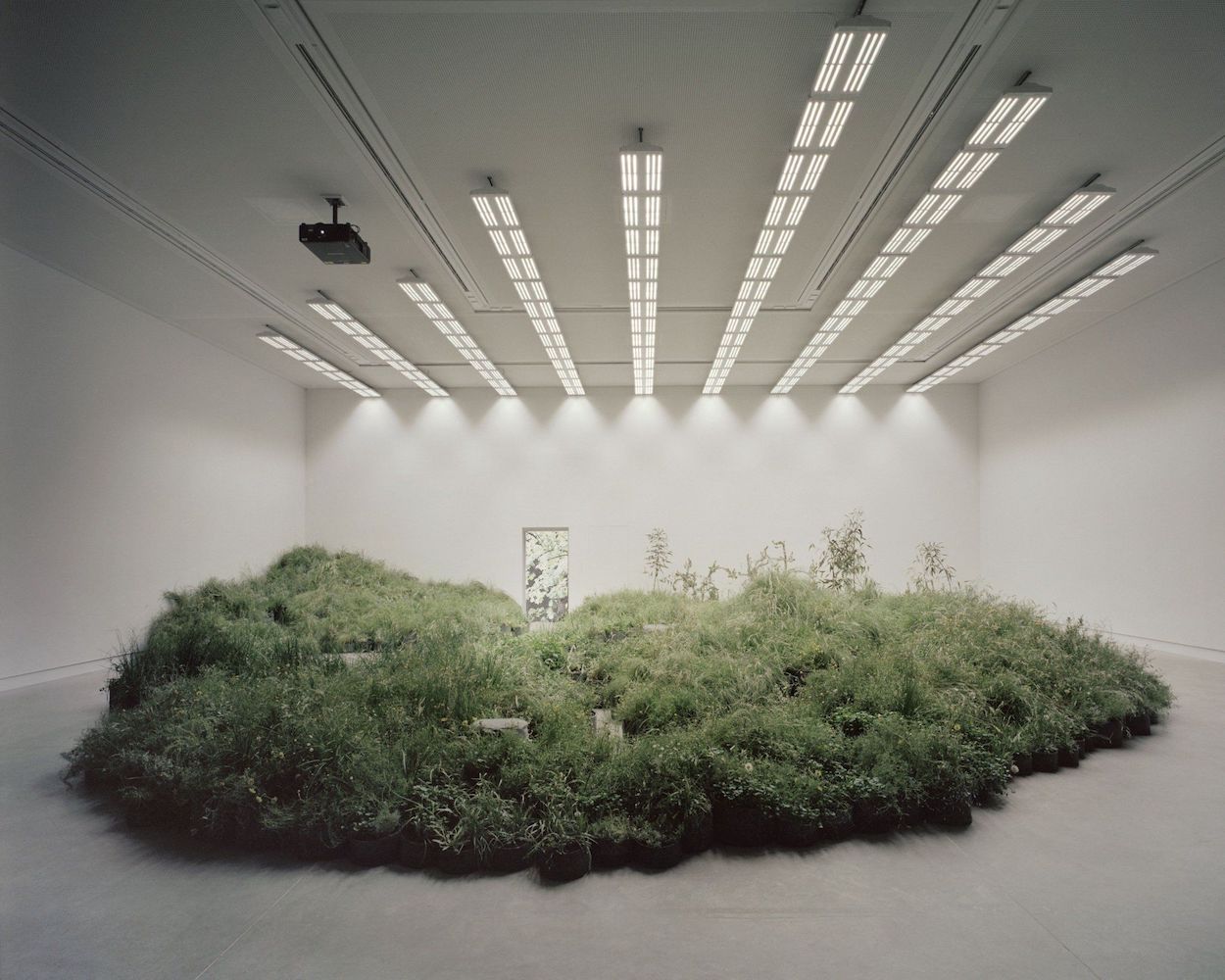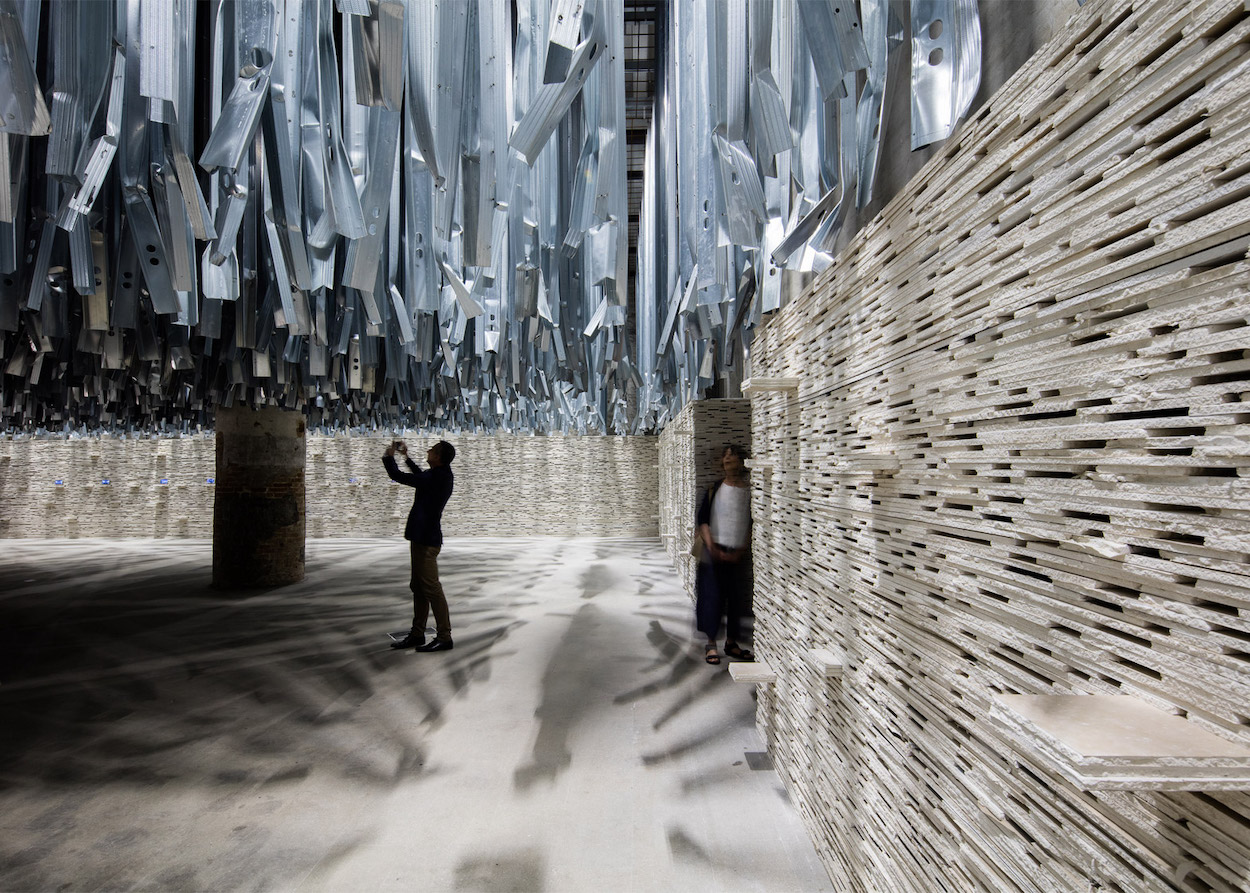When the coronavirus pandemic spread rapidly throughout Italy, in March, it remained unclear whether or not major events on the cultural calendar would proceed. Soon enough, major tentpoles like Salone del Mobile and the Venice Architecture Biennale postponed their editions until later in 2020, when the pandemic would hopefully have subsided. That, of course, didn’t happen, and events are still being canceled left and right as the world struggles with a chaotic vaccine rollout.
The Venice Architecture Biennale, however, has decided the show must go on. Proceeding with a physical edition that opens on May 22 until November 21, the exhibition’s 17th edition focuses on the topic “How will we live today?” and makes connections to cooperative living in an era marked by widespread climate and geopolitical crises. The Nordic Pavilion, for example, will allow visitors to tour a conceptual apartment complex with shared amenities built out of timber components; the United States Pavilion, which will take place in a monumental installation in the Giardini, plans to highlight the democratic values inherent to wood-framed structures.

